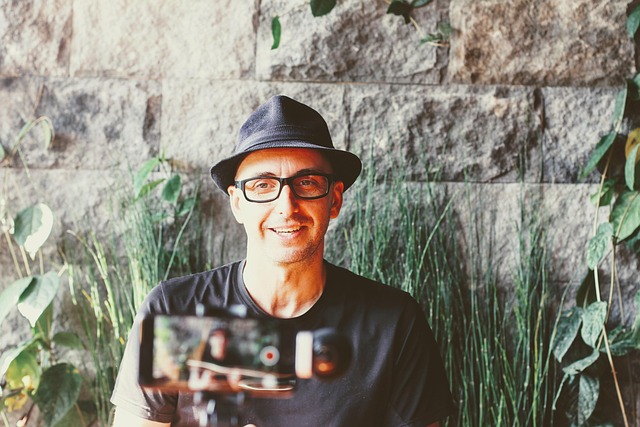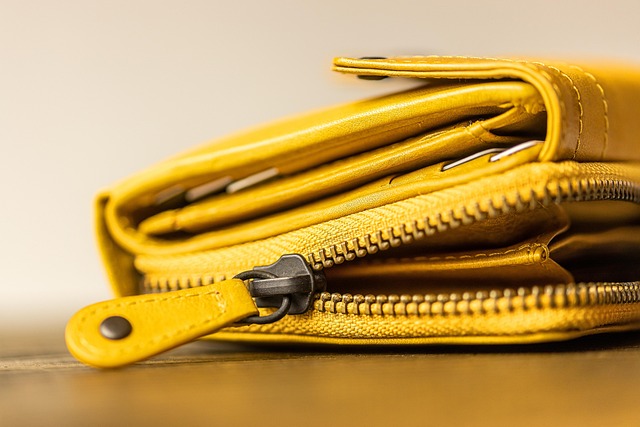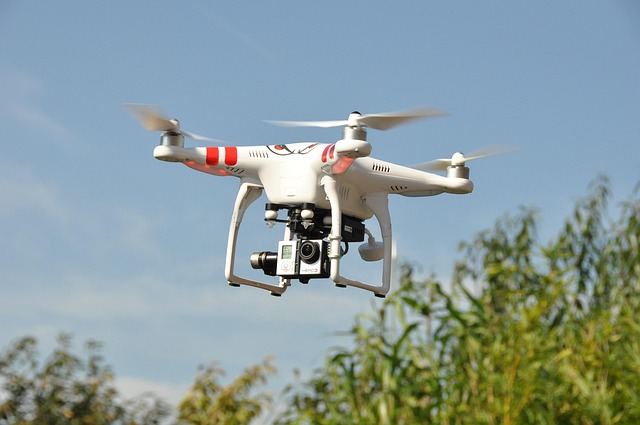When a creative mind turns its lens toward society, the act of photographing becomes a dialogue between perception and expression. The Mastering Fine Arts Photography Course for Cultural Creatives invites those who wish to use their cameras as instruments of cultural conversation. By blending rigorous technical training with an exploration of artistic intent, the course equips students to document, reinterpret, and challenge the visual narratives that shape our world.
The Intersection of Fine Arts and Photography
Photography has long occupied a dual space: it can be a practical tool for journalism, a commercial medium for advertising, and an intimate canvas for fine art. The course recognizes this multiplicity and emphasizes that the most impactful work emerges when a photographer embraces both the technical precision of the medium and the contemplative depth of fine art. Students learn to ask critical questions—who is the subject, what context surrounds them, and what story is being told—and then to translate those answers into images that resonate on an emotional level.
Course Overview: A Structured Yet Flexible Framework
The program is organized into four semesters, each building on the last. The first semester establishes foundational skills in exposure, composition, and lighting, ensuring that every creative has a solid technical base. Subsequent semesters delve into conceptual development, historical research, and community engagement, allowing students to align their work with broader cultural discourses.
Semester 1: Technical Foundations
Key learning outcomes include mastering manual camera settings, understanding color theory, and applying the rule of thirds and leading lines. Students practice under varied lighting conditions—natural dawn, harsh midday sun, and low-key studio setups—to develop versatility.
- Hands‑on workshops with DSLR and mirrorless cameras.
- Peer critiques focused on exposure and composition.
- Assignments that challenge students to capture the same subject under different lighting.
Semester 2: Conceptual Exploration
In this phase, the photography course transitions from technique to narrative. Students research movements such as Surrealism, Documentarianism, and Street Photography, then create a portfolio that reflects their own interpretive lens.
- Research paper on a chosen movement.
- Visual essay series that applies the movement’s principles to contemporary subjects.
- Group discussions on the ethics of representation.
Semester 3: Community and Collaboration
Artistic work rarely exists in isolation. This semester encourages students to partner with local artists, NGOs, and community groups to create joint exhibitions. The photography course includes training in project management, grant writing, and exhibition curation.
“The most powerful images are those that arise from genuine collaboration and shared purpose.” – Curator, National Gallery
Semester 4: Capstone Project
Students propose a large-scale project that incorporates the technical, conceptual, and collaborative skills developed over the course. The capstone culminates in a public exhibition and a written thesis that situates the work within contemporary cultural debates.
- Project proposal submission.
- Mid‑project review with faculty mentors.
- Final exhibition with accompanying catalogue.
Teaching Philosophy: Mentorship Meets Mastery
The faculty consists of practicing photographers who are also scholars, ensuring that students receive guidance that balances creative freedom with academic rigor. Regular one‑on‑one mentorship sessions help students refine their vision and overcome technical obstacles.
Student Voices: Real‑World Impact
Graduates of the program have gone on to work with major cultural institutions, create multimedia installations for museums, and develop community‑based photojournalism projects that influence public policy. Their testimonies highlight how the course’s holistic approach—combining technical skill, critical thinking, and ethical practice—prepares them for a dynamic professional landscape.
Why a Photography Course Matters for Cultural Creatives
Culture is an ever‑shifting mosaic of narratives, memories, and identities. By mastering the language of images, cultural creatives gain a powerful tool to document these shifts, provoke dialogue, and inspire change. A comprehensive photography course offers not only the mechanics of camera operation but also a framework for ethical storytelling, critical analysis, and community engagement.
Conclusion: Crafting the Future Through the Lens
Embarking on the Mastering Fine Arts Photography Course for Cultural Creatives means stepping into a world where technical expertise meets artistic vision, and individual expression intertwines with collective experience. As students develop their craft, they also contribute to the cultural conversation—capturing moments that might otherwise fade into silence and inviting viewers to see the world through a new, nuanced perspective. The photography course is not just an academic pursuit; it is a commitment to cultural stewardship, a call to illuminate the unseen, and an invitation to shape the visual narratives of tomorrow.




